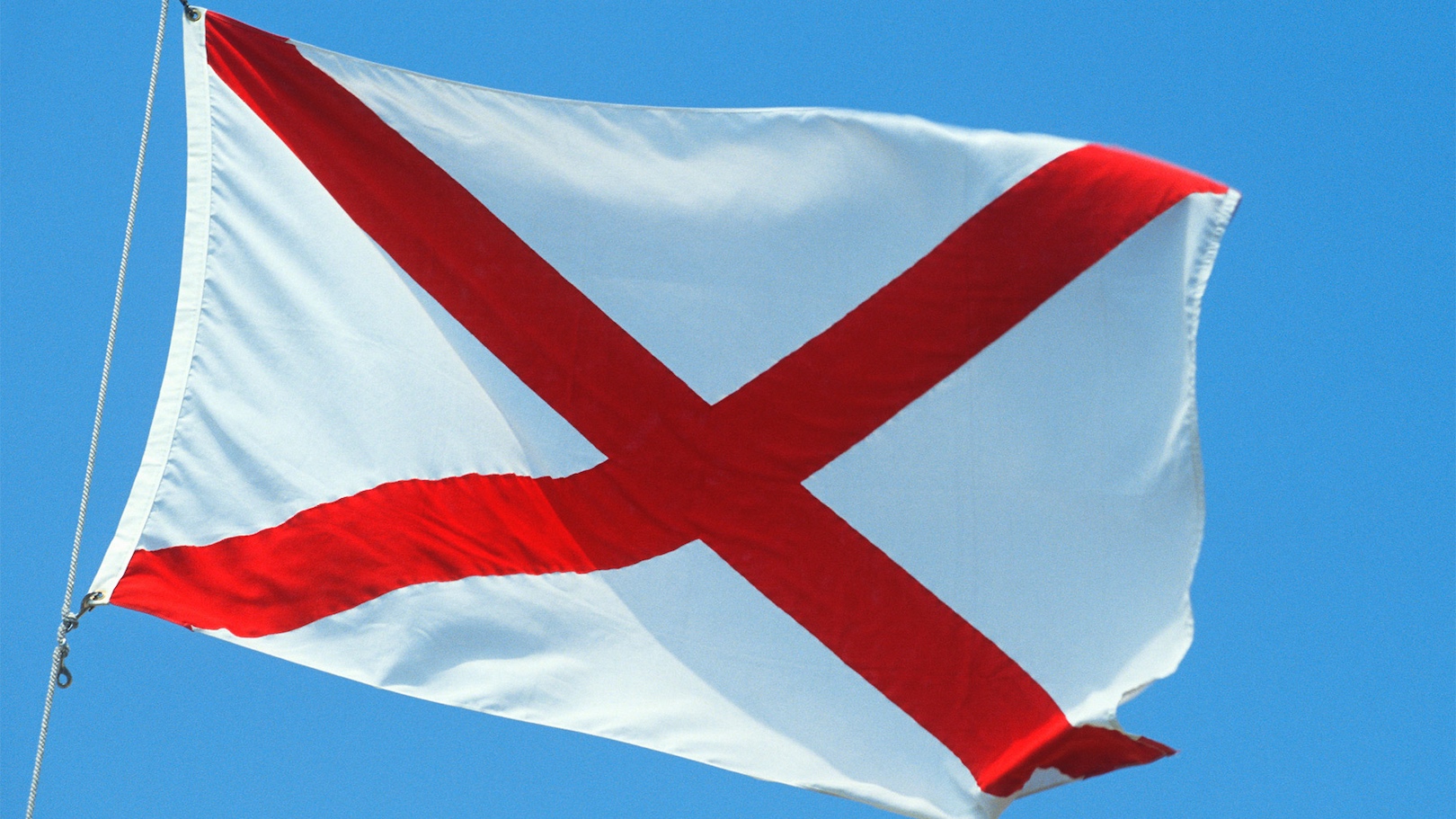MONTGOMERY, Ala. – Alabama Attorney General Steve Marshall heads the policy branch of the Republican Attorneys General Association – the dark money nonprofit Rule of Law Defense Fund. This astroturf group was one of the many right-wing groups recruiting and organizing for the “Stop the Steal” rally, which led to Wednesday’s mob violence and insurrection attempt. Yesterday, Marshall deflected blame and “directed an internal review of this matter.”
Margaret Huang, CEO and President of the SPLC Action Fund, released the following statement urging independent investigations by the Alabama Ethics Commission and Alabama Bar Association into Marshall’s leadership of an organization that participated in Wednesday’s lawless violence:
“Attorney General Marshall’s account of his involvement in Wednesday’s insurrection is not credible. He’s asking the public to believe that he was completely unaware of his staff’s work to organize the rally and insurrectionist efforts urged by the disgraced President Trump. It appears he is lying to his constituents – the Alabama people – and the American public at large about the outcome of the 2020 election and his role in the failed yet deadly coup.
“Any involvement by Marshall or his organization in Wednesday’s desecration of the US Capitol deserves thorough scrutiny – but not from the very people who promoted Trump’s attempt to stop the democratic transition. Despite Trump’s debasement of his office, we can and should expect the highest level of honor and ethics from our elected officials. As a lawyer and member of the Alabama Bar, Marshall swore an oath to uphold and respect the law. Both the Alabama Ethics Commission and the Alabama Bar Association should conduct independent reviews into Marshall’s knowledge of and participation in Wednesday’s insurrection and, if warranted, impose appropriate penalties.
“We cannot begin to rebuild our democratic systems without a full accounting of how the insurrection happened and consequences for all those directly involved. Marshall and any other Alabama officials involved in the events must be held accountable.”
Previously, the SPLC Action Fund called for the immediate impeachment of President Donald Trump, arrest and prosecution of insurgents involved, and immediate deplatforming on all social media of Donald Trump and other public figures involved in inciting and giving encouragement to extremists. Twitter suspended Donald Trump’s account permanently yesterday.
SPLC Action Fund Calls for Investigations into Alabama AG Marshall about His Role in Wednesday’s Failed Insurrectionist Activities

